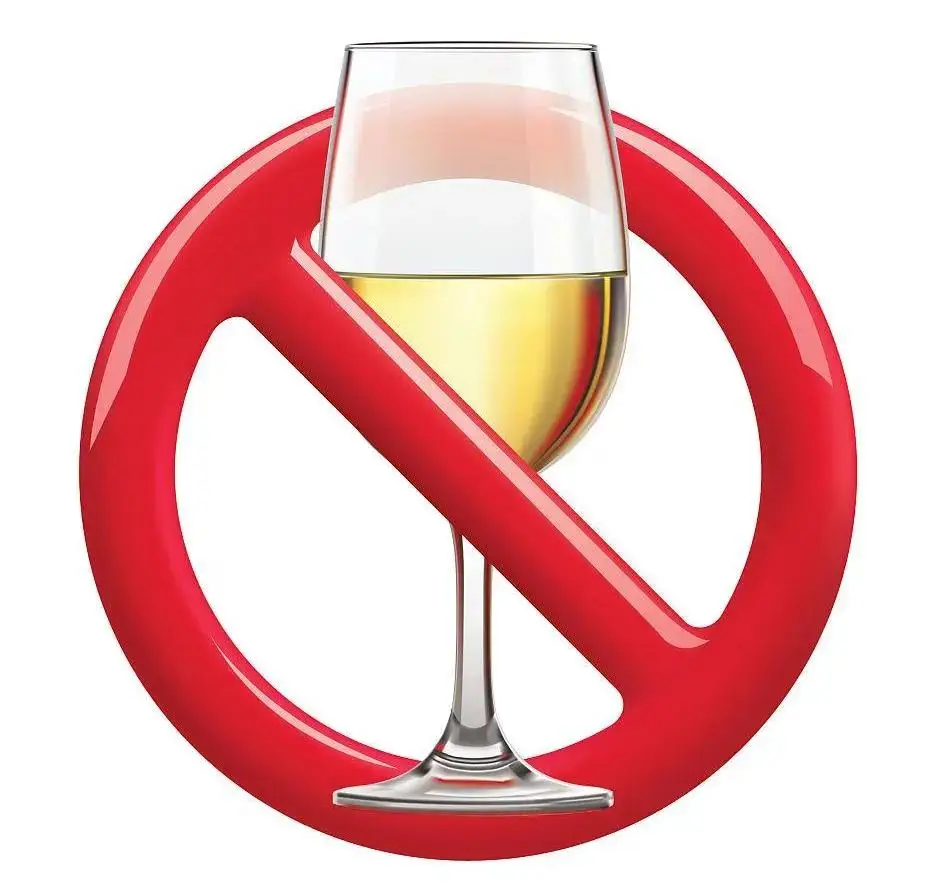Breaking Free: You Are Stronger Than Alcohol’s Grip
For many, alcohol begins as a companion—a way to unwind after a long day, a social lubricant at gatherings, or a means to celebrate life’s milestones. But what starts as an occasional indulgence can quietly transform into a dependency, one that slowly tightens its grip on your mind, body, and spirit. The journey to quit drinking is not just about giving up a substance; it’s about reclaiming your power, your health, and your life. And the truth is, you are far stronger than alcohol’s grasp.
Understanding the Grip of Alcohol

Alcohol’s influence is both psychological and physiological. On a psychological level, it often serves as a coping mechanism for stress, anxiety, or unresolved emotional pain. Over time, the brain begins to associate alcohol with relief, creating a cycle that’s difficult to break. Physiologically, alcohol alters brain chemistry, impacting neurotransmitters like dopamine and GABA, which regulate pleasure and relaxation. This chemical manipulation makes quitting challenging, as the body and mind rebel when deprived of what they’ve come to rely on.
Yet, it’s crucial to recognize that this dependency is not a reflection of weakness. Alcohol is an addictive substance, and its hold is powerful. But it is not invincible. With determination, support, and the right strategies, breaking free is entirely possible.
The First Step: Acknowledgment and Decision
The journey to sobriety begins with a single, courageous step: acknowledging that alcohol has become a problem. This moment of clarity often arises from a place of pain—perhaps a health scare, a strained relationship, or the realization that drinking no longer serves you but controls you. Making the decision to quit is an act of self-love and strength. It’s declaring that you value yourself more than the temporary escape alcohol provides.
It’s normal to feel fear or uncertainty at this stage. Questions like, “How will I socialize?” or “What will I do without my nightly drink?” may arise. Remember, these concerns are part of the process. Sobriety isn’t about deprivation; it’s about creating a richer, more authentic life.
Rebuilding Your Life Without Alcohol
Quitting drinking is not just about removing alcohol from your routine; it’s about building a new routine—one that supports your well-being. Here are some strategies to help you along the way:
-
Find Your Why: Identify your reasons for quitting. Whether it’s improving your health, mending relationships, or pursuing personal goals, keeping your "why" at the forefront will strengthen your resolve during challenging moments.
-
Seek Support: You don’t have to do this alone. Reach out to friends, family, or support groups like Alcoholics Anonymous (AA) or SMART Recovery. Connecting with others who understand your struggle can provide encouragement and accountability.
-
Develop Healthy Coping Mechanisms: Replace drinking with activities that nurture your mind and body. Exercise, meditation, hobbies, or even therapy can help you manage stress and emotions in healthier ways.
-
Take It One Day at a Time: Sobriety is a journey, not a destination. Focus on staying alcohol-free today without overwhelming yourself with thoughts of forever. Celebrate small victories—each sober day is a triumph.
-
Rediscover Joy: Alcohol often masks true sources of happiness. As you quit, you may rediscover passions, relationships, and experiences that bring genuine joy. Embrace them fully.
The Physical and Mental Benefits of Sobriety
The rewards of quitting drinking are profound and multifaceted. Physically, your body begins to heal almost immediately. Within days, sleep quality improves, energy levels rise, and liver function starts to recover. Over time, the risk of chronic diseases like liver cirrhosis, heart disease, and certain cancers decreases significantly.
Mentally and emotionally, sobriety brings clarity, stability, and resilience. Without the fog of alcohol, you can process emotions more healthily, think more clearly, and engage more fully in life. Relationships often improve as you become more present and reliable. Financially, the savings from not purchasing alcohol can be substantial, allowing you to invest in experiences or goals that truly matter.
Facing Challenges and Overcoming Relapses
The path to sobriety is rarely linear. There may be moments of temptation or even relapse. It’s important to approach these challenges with compassion rather than self-judgment. A relapse does not define your journey; it’s a stumble, not a fall. Learn from it, reaffirm your commitment, and keep moving forward.
Remember, strength isn’t about never struggling—it’s about persevering despite the struggle. Every time you choose sobriety, you reinforce your power over alcohol.
You Are Stronger Than You Think
Alcohol’s grip may feel unyielding, but it is no match for the human spirit. Your desire for a better life, your resilience, and your capacity for change are far more powerful than any addiction. Quitting drinking is an affirmation of your strength and your worth. It’s a declaration that you are the author of your story, not alcohol.
As you embark on this journey, be patient with yourself. Celebrate progress, no matter how small, and remember that every step forward is a victory. You have the power to break free, to heal, and to thrive. You are stronger than alcohol’s grip—and your sober future is waiting.




发表评论